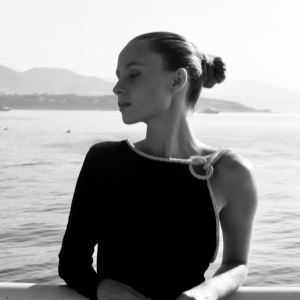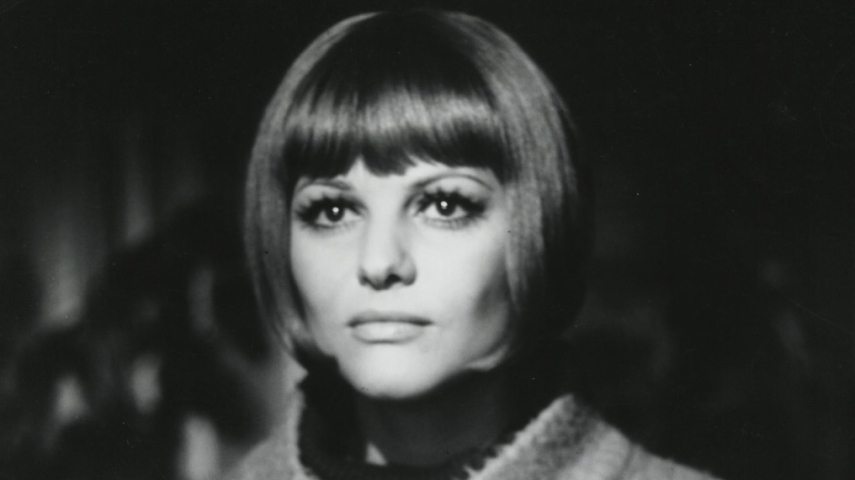
Photo credits: IMDb. Claudia Cardinale.
In the constellation of cinematic icons, few stars shine as enduringly as Claudia Cardinale. With her luminous beauty, husky voice, and commanding presence, she captivated audiences across decades, becoming one of Italy’s most celebrated actresses. From her serendipitous entry into film to her trailblazing career and steadfast commitment to personal authenticity, Cardinale’s journey is a testament to resilience, talent, and a life lived with purpose. Now, at 87, she remains a beacon of grace, her story as compelling off-screen as it was on the silver screen.
A Star Born in Tunisia
Born Claude Joséphine Rose Cardinale on April 15, 1938, in La Goulette, a vibrant port town near Tunis, Tunisia, Cardinale grew up in a French-speaking, Sicilian-Italian family. Her father, Francesco, worked as a railway engineer, while her mother, Yolande Greco, was the daughter of Sicilian immigrants. Raised alongside her siblings—brothers Bruno and Adrien, and younger sister Blanche - Cardinale’s early years were shaped by Tunisia’s multicultural tapestry, where she spoke French, Arabic, and her parents’ Sicilian dialect. Italian, the language that would later define her career, was one she learned only after entering the film industry.
As a teenager, Cardinale dreamed of becoming a teacher, inspired by her education at the Saint Joseph-de-l’Apparition school in Carthage and later the Paul Cambon School in Tunis. In her 2005 autobiography, Moi, Claudia, toi, Claudia, she expressed a desire to share knowledge and contribute to her community, likely envisioning a role as an educator in languages or humanities, given her multilingual fluency and French-Tunisian schooling. But fate intervened. At 17, she was unexpectedly thrust into the spotlight when she was chosen from a crowd at an Italian film event in Tunis, crowned “The Most Beautiful Italian Girl in Tunisia” in 1957. The prize - a trip to the Venice Film Festival - opened the door to a world she hadn’t anticipated. Though hesitant, she accepted an offer to study at Rome’s Centro Sperimentale di Cinematografia, only to leave after two months, homesick and struggling with Italian. Yet, the allure of cinema proved undeniable.
A Meteoric Rise
Cardinale’s screen debut came with a small role in Jacques Baratier’s Goha (1958), alongside Omar Sharif. Her early career was shaped by producer Franco Cristaldi, who signed her to a seven-year contract with Vides Cinematografica. Cristaldi, a pivotal figure in her life, guided her early roles with a firm hand, often controlling aspects of her image, from her hair to her public persona. Her breakout came in 1958 with Mario Monicelli’s Big Deal on Madonna Street, where she played Carmelita, a sequestered Sicilian girl. The film’s success made her a recognizable face, earning her the nickname “Italy’s sweetheart.”
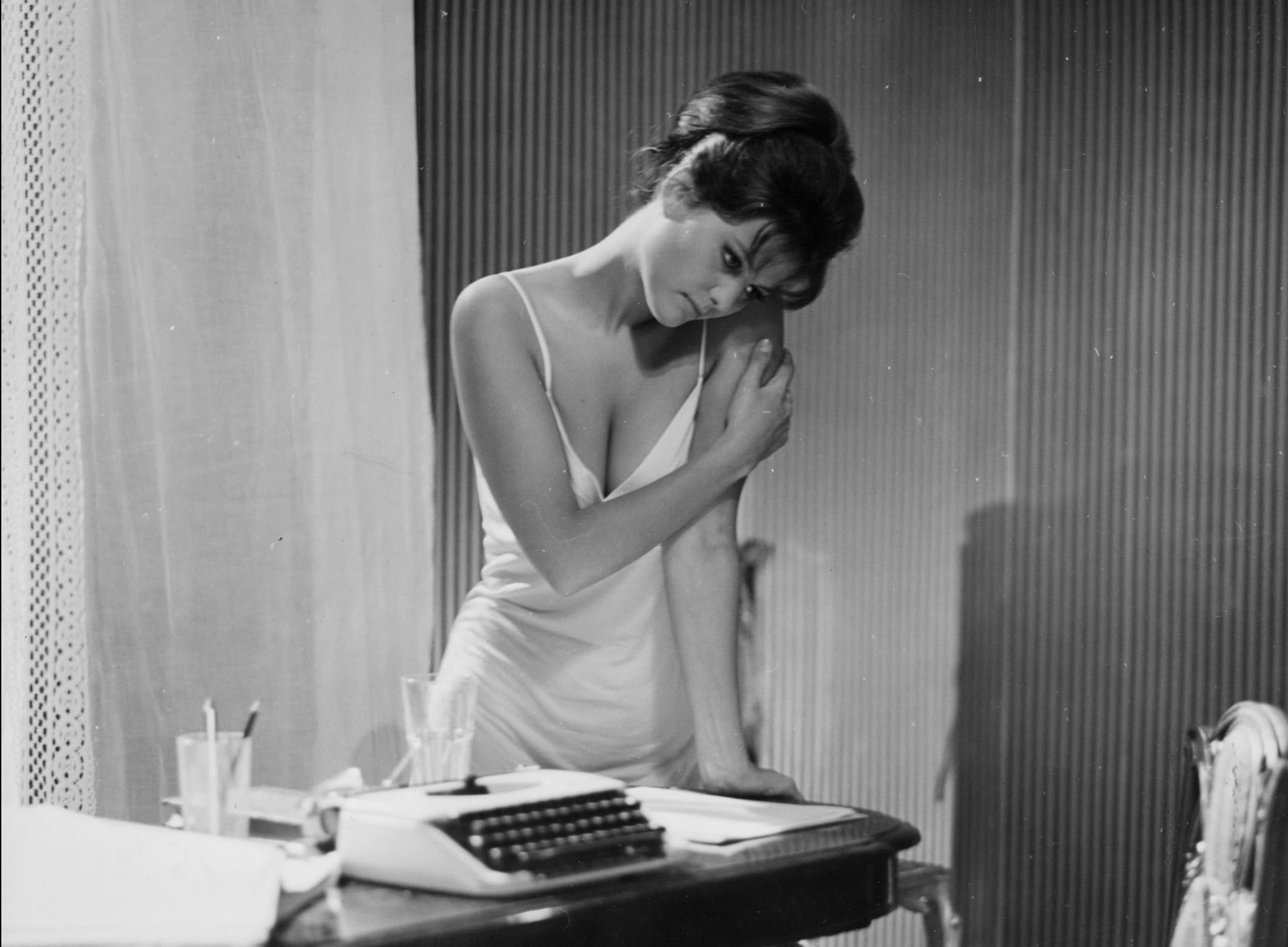
Photo credits: IMDb. Claudia Cardinale in 8½ (1963)
The 1960s were Cardinale’s golden era. She starred in a string of cinematic masterpieces, showcasing her versatility and depth. In Luchino Visconti’s Rocco and His Brothers (1960), she held her own alongside Alain Delon, while her role as Aida in Valerio Zurlini’s Girl with a Suitcase (1961) revealed her emotional range. Her performance in Visconti’s The Leopard (1963), opposite Burt Lancaster, cemented her as a leading lady, her portrayal of Angelica radiating both fire and grace. That same year, she played herself in Federico Fellini’s 8½, her natural voice - previously dubbed due to her accent—finally heard by international audiences. Her role in Sergio Leone’s Once Upon a Time in the West (1968) as a resilient widow remains one of the most iconic in Western cinema.
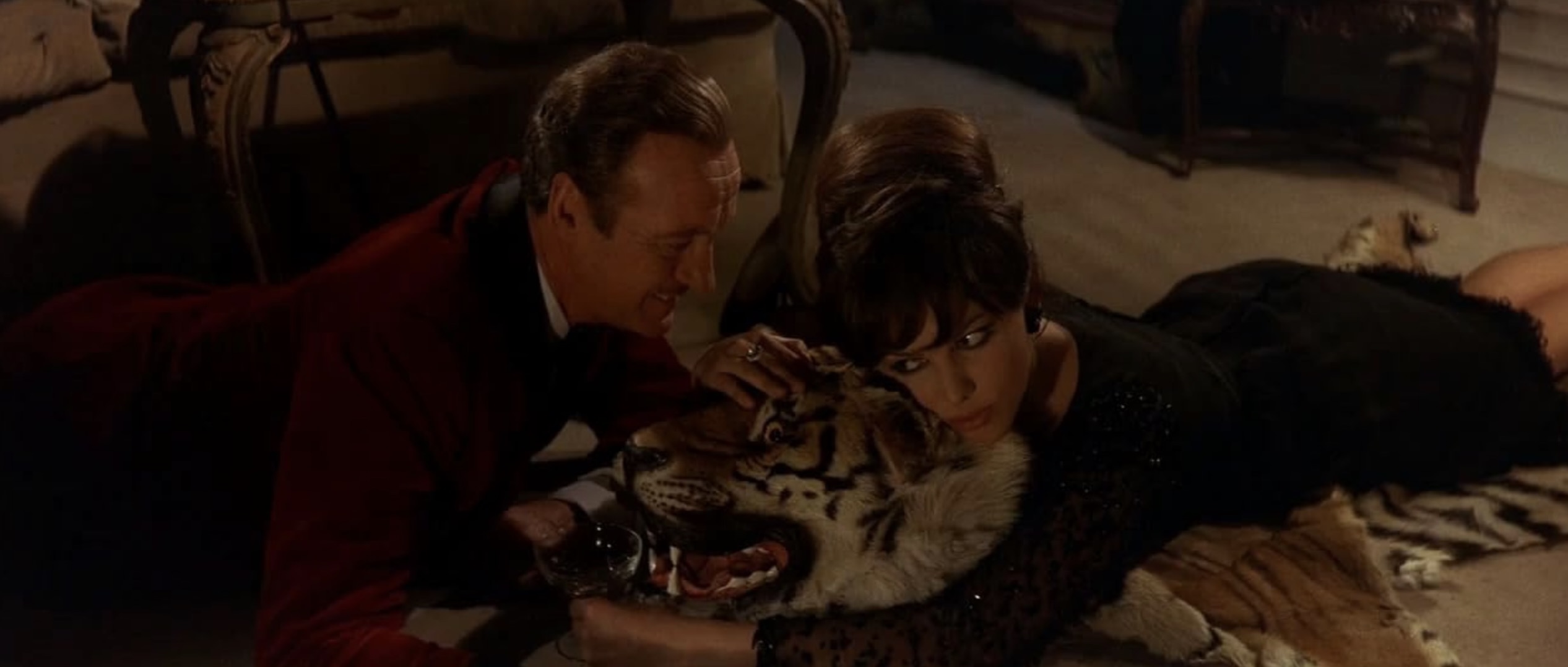
Photo credits: IMDb. David Niven and Claudia Cardinale in The Pink Panther (1963)
Cardinale’s foray into Hollywood included Blake Edwards’ The Pink Panther (1963), where she played Princess Dala opposite David Niven, who famously called her “Italy’s happiest invention after spaghetti.” Though she spent three years in the U.S., she resisted Hollywood’s star system, preferring the creative freedom of European cinema. Her collaborations extended to directors like Werner Herzog in Fitzcarraldo (1982) and spanned over 100 films, earning her accolades such as the 1993 Venice Film Festival’s Career Golden Lion and the 2002 Berlin Film Festival’s Honorary Golden Bear.
A Life of Challenges and Resilience
Claudia Cardinale’s personal journey was shaped by moments that called for extraordinary courage. At 17, while still a student in Tunis, she faced a deeply painful experience - a non-consensual encounter that led to the birth of her son, Patrick, as she shared in her 2005 autobiography, Moi, Claudia, toi, Claudia. To protect her budding career and privacy, her producer Franco Cristaldi arranged for her to welcome Patrick in London, far from the public’s gaze. For several years, she lovingly raised him as her brother in Tunisia, a choice to shield them both from scrutiny.
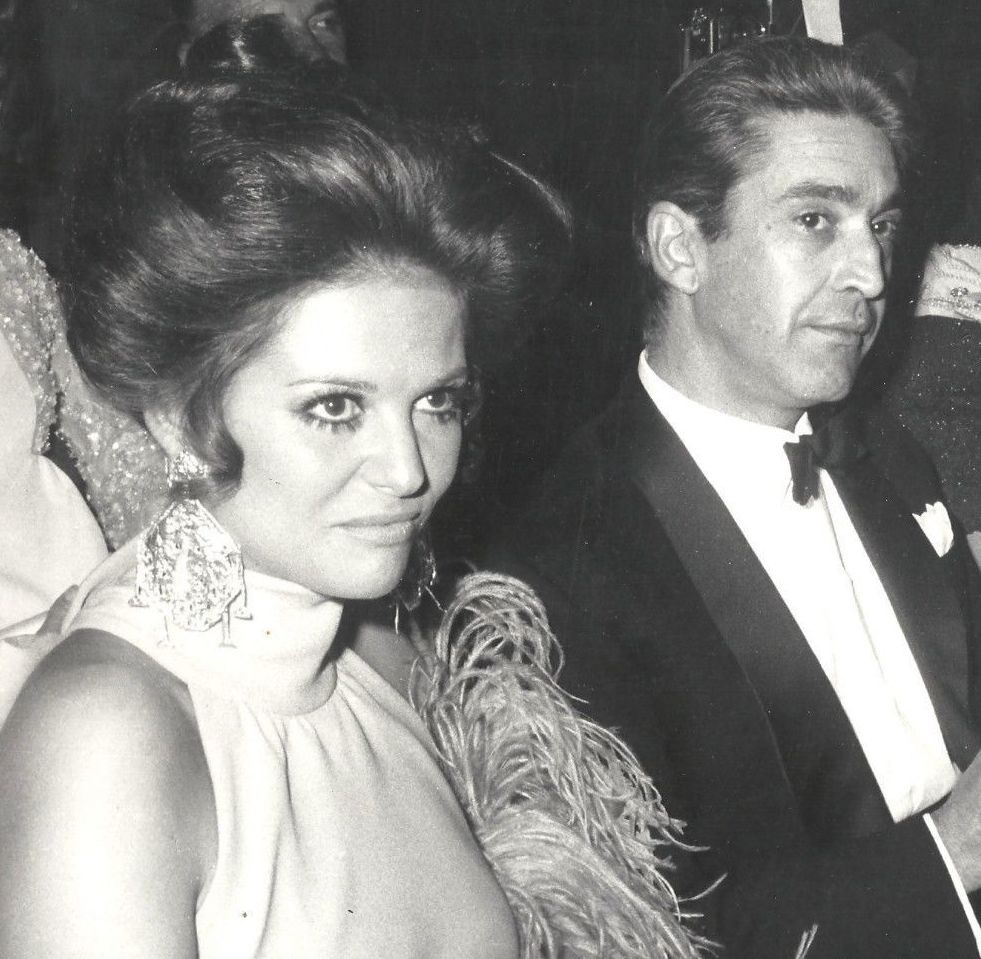
Photo credits: Wikimedia Commons. Claudia Cardinale and Franco Cristaldi.
Her bond with Cristaldi, who guided her early career and became her husband from 1966 to 1975, was both supportive and challenging. As her mentor at Vides Cinematografica, he shaped her rise to stardom but often influenced her choices, from roles to her public image, leaving her feeling like “an object to be manufactured”. After their marriage ended, Cardinale found enduring love with director Pasquale Squitieri, sharing a life with him from 1975 until his passing in 2017. Together, they welcomed a daughter, Claudia, named in her honor. Through these personal chapters, Cardinale’s grace and resilience shone, allowing her to flourish in her career while staying true to herself.
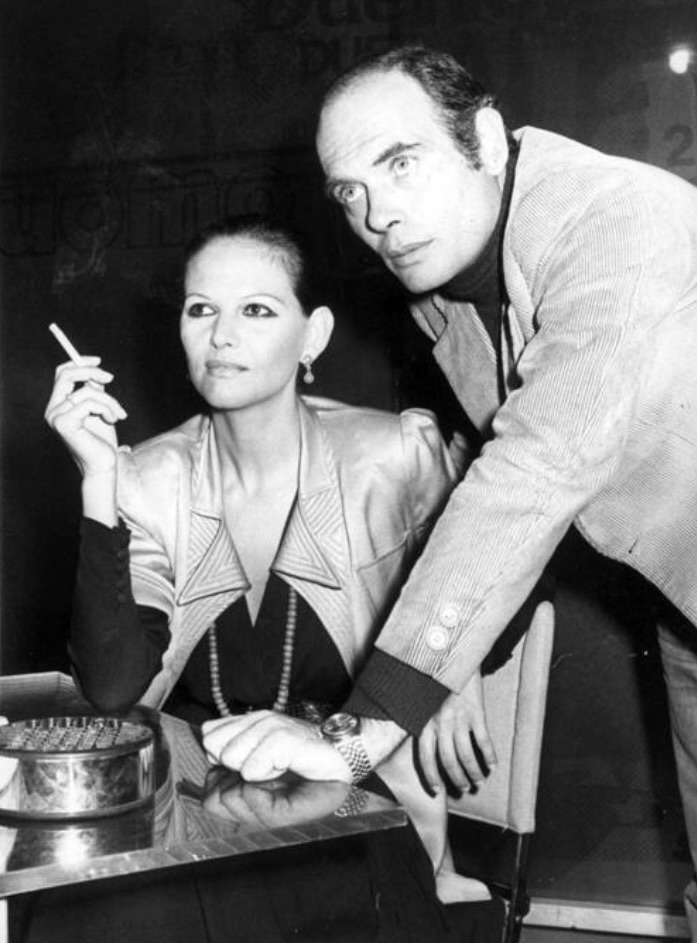
Photo credits: Claudia Cardinale and Pasquale Squitieri.
The Secrets of a Happy Life
Cardinale’s philosophy of happiness is rooted in authenticity and resilience. “I never felt scandal and confession were necessary to be an actress. I've never revealed myself or even my body in films. Mystery is very important”. She avoided the trappings of fame, refusing nude scenes and cosmetic surgery, embracing natural aging with grace. “You can’t stop time,” she noted, advocating for staying active and true to oneself as the key to youthfulness. Her dedication to women’s rights and environmental causes, including her role as a UNESCO Goodwill Ambassador since 2000, reflects her belief in using her platform for good.
A passionate cook, Cardinale finds joy in preparing traditional Italian dishes for friends and family, a nod to her Sicilian roots. Her multilingual fluency - French, Italian, English, Spanish, and Arabic - has allowed her to connect with diverse cultures, enriching both her life and her craft. She views her career as a gift, having lived over 100 lives through her roles, each one a chance to explore a new facet of humanity.
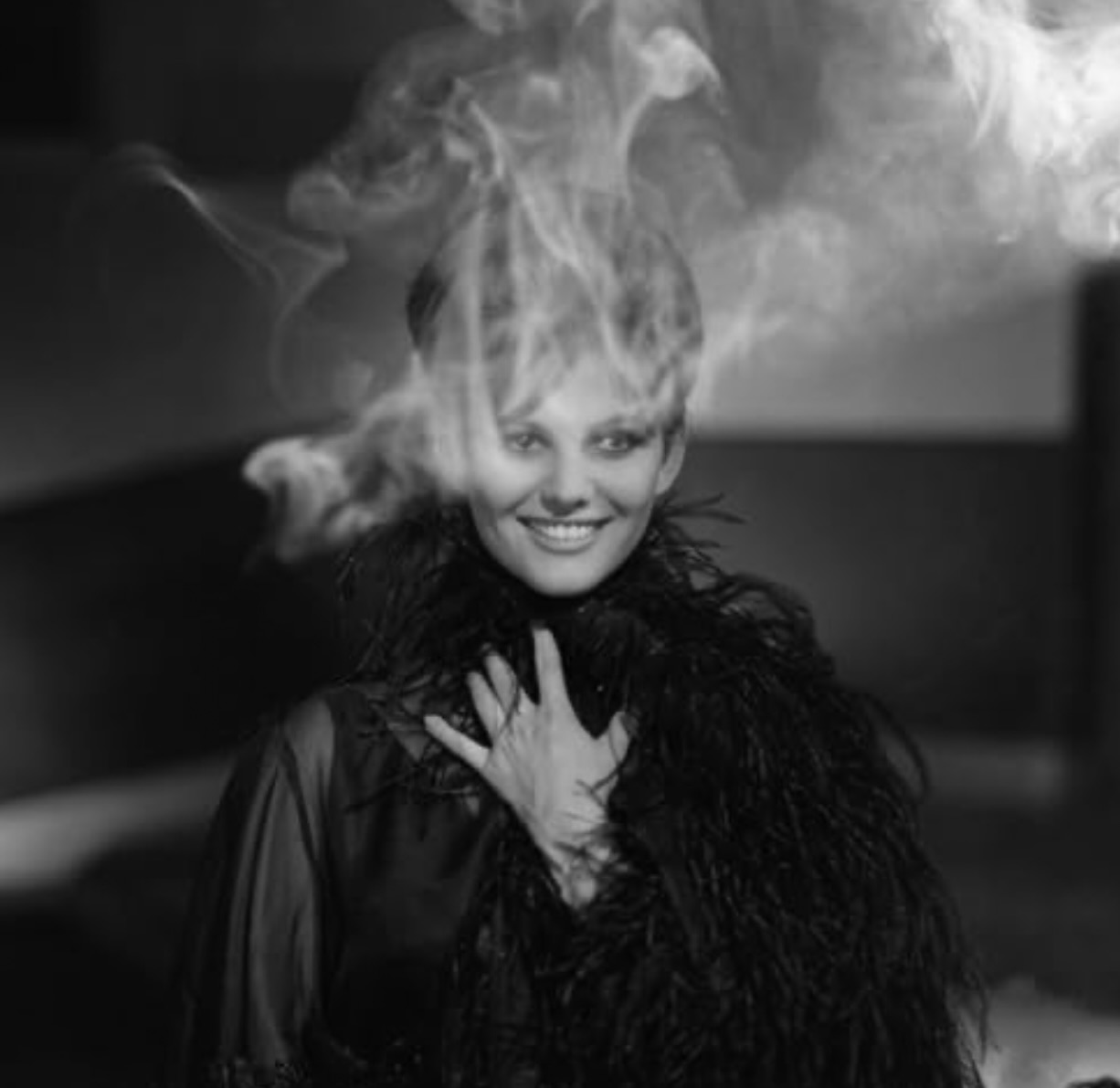
Photo credits: IMDb. Claudia Cardinale in 8½ (1963)
A Star with Monaco in Her Orbit
Claudia Cardinale has long held a meaningful place in Monaco’s cultural sphere. She was a notable guest at several editions of the Monte-Carlo Television Festival, attending in key years such as 1970 and 1984, where she was honored among television and film luminaries under the patronage of Prince Albert II. In 2016, Cardinale returned to the Principality to receive a Lifetime Achievement Award at the Monte-Carlo Film Festival de la Comédie, held at the Grimaldi Forum. Her presence at these prestigious events reflects Monaco’s enduring celebration of cinematic excellence and its appreciation for Cardinale’s lasting contributions to European and international film.
A Lasting Legacy
At 87, Cardinale remains active, working with young directors and appearing in projects like the film Effie Gray and the TV film Bulle. Her recent stage work, including a play by Pierre Notte, showcases her enduring passion for performance. In 2023, she established a foundation with her daughter to support women’s rights and environmental causes, ensuring her legacy extends beyond cinema.
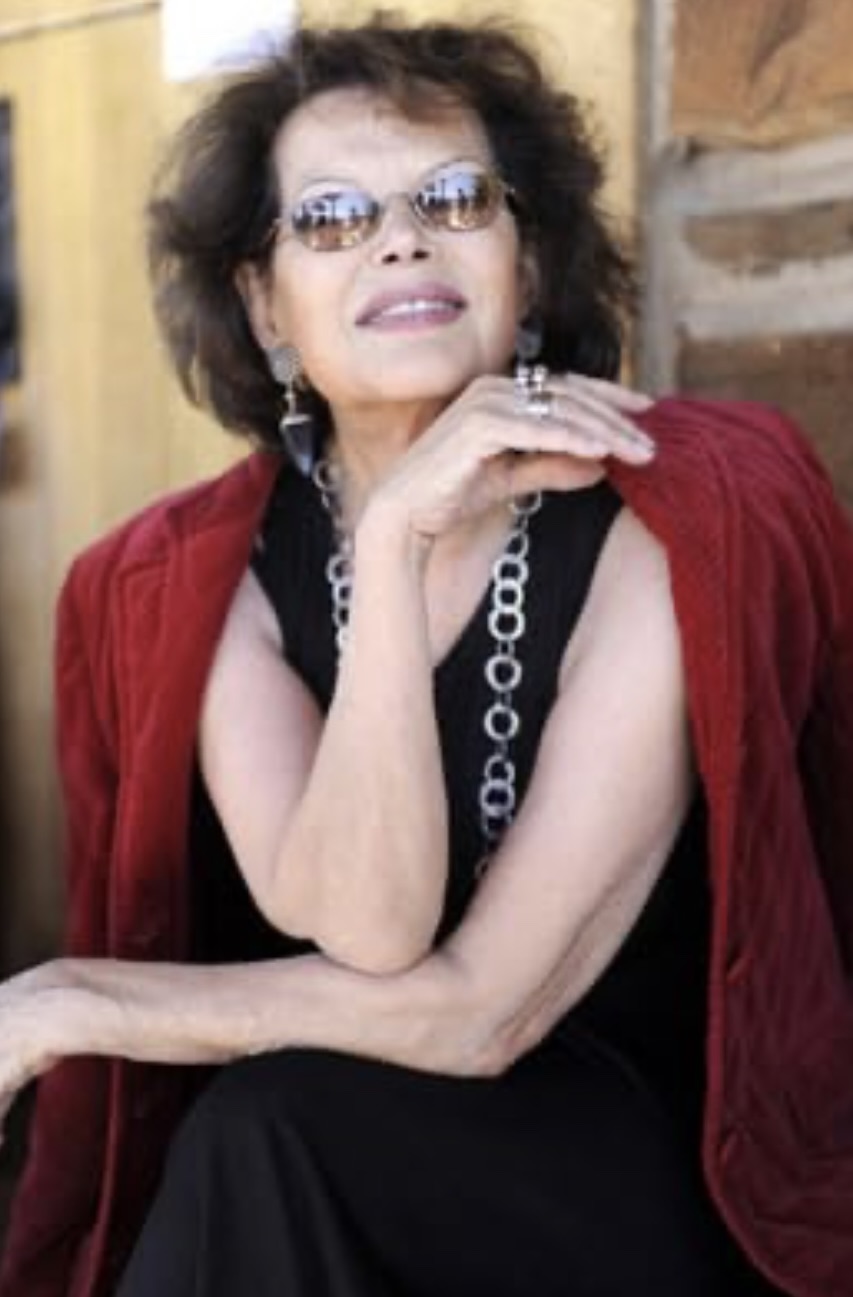
Photo credits: IMDb. Claudia Cardinale.
Cardinale’s life is a masterclass in balancing vulnerability and strength. From a Tunisian girl with teaching aspirations to an international icon, she has navigated fame, personal trials, and societal expectations with unwavering dignity. As she told Corriere della Sera, her advice to young women is simple yet profound: “Protect your dignity. Always, in every circumstance.” In a world that often demands conformity, Claudia Cardinale remains a splendid tabby cat - fierce, elegant, and unapologetically herself.

